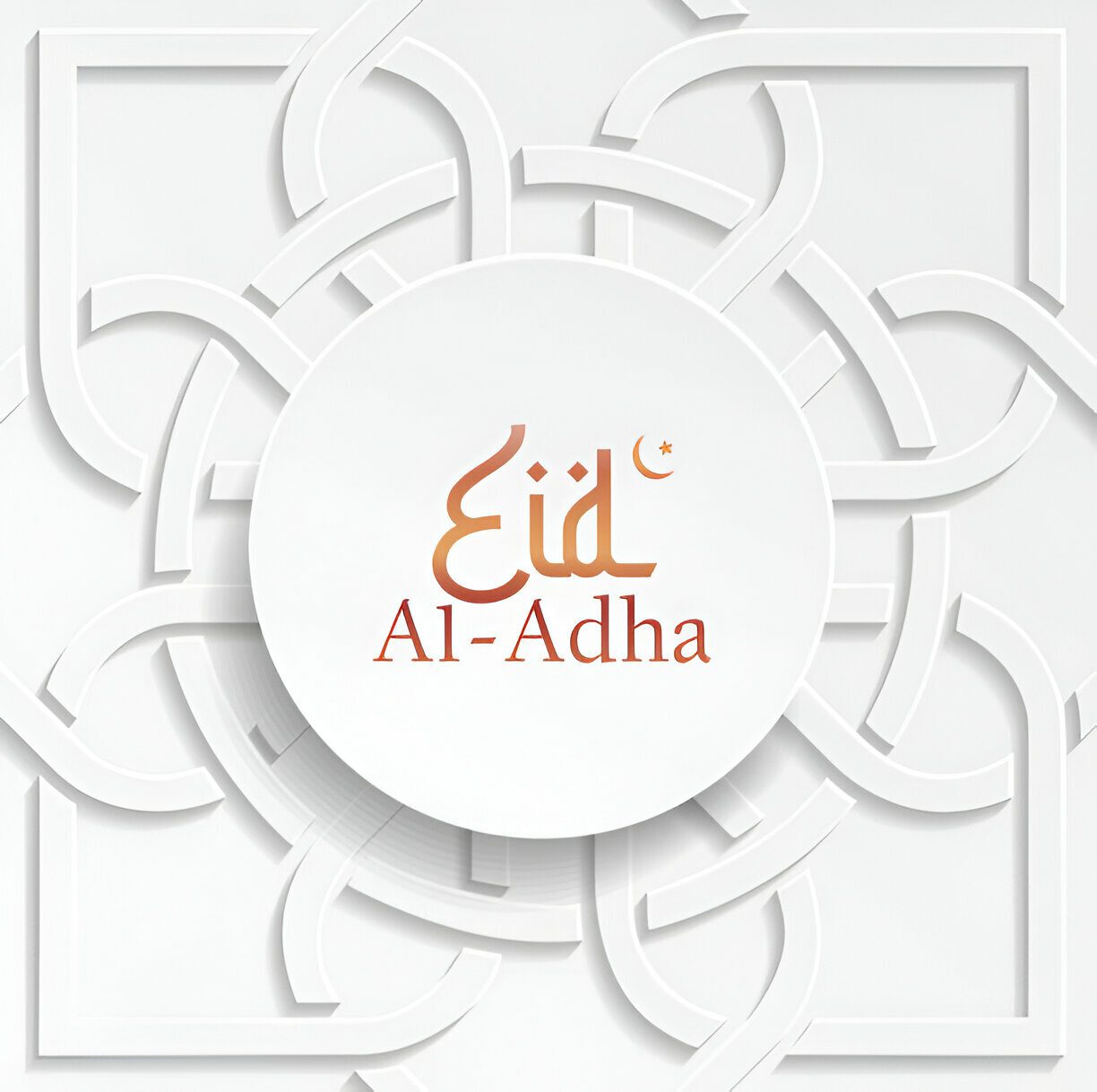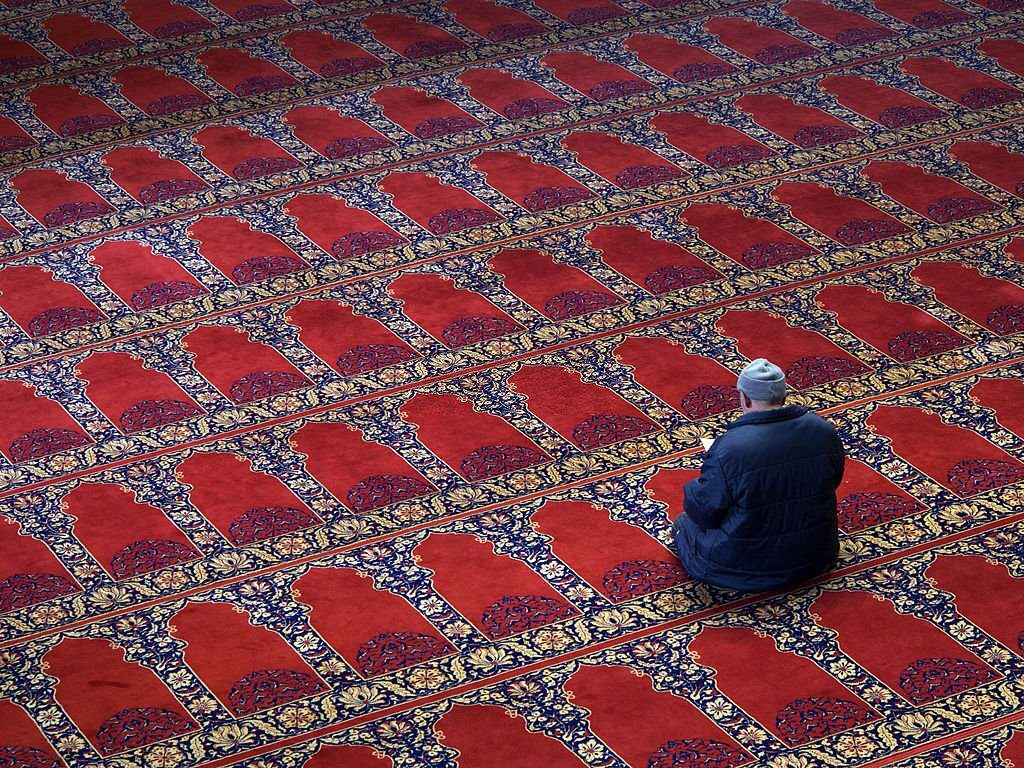The basmala, or the phrase “Bismillah-ir-Rahman-ir-Rahim,” holds significant importance in the daily lives of observant Muslims.
Bismillah-ir-Rahman-ir-Rahim means
“In the name of Allah, the Most Gracious, the Most Merciful,” is frequently recited by Muslims in various aspects of their religious practices.
In the Qur’an, the basmala holds a unique position. It is the only non-Qur’anic phrase that is included in all copies of the Qur’an. This inclusion is believed to serve as a ‘marker’ between the Sūrahs (chapters) of the Qur’an. Despite not being part of the original revelation, its presence is universally accepted and respected within the Islamic tradition.
Muslims recite the basmala at the beginning of daily tasks, such as eating, travelling, or starting a new venture, underscoring its role in seeking blessings and guidance from Allah. The phrase encapsulates the essence of invoking divine mercy and compassion in all endeavors.
The profound significance and immense power of the Basmala Sharīfa or Bismillah-ir-Rahman-ir-Rahim or Bismillahirrahmanirrahim are challenging to fully capture in words. However, for our purposes, the following insights should suffice:
Prophet Muhammad was once questioned about the Basmala. He responded:
“A name from the names of Allāh; between it and the great Ism al-Aʿẓam (the Supreme Name), there is nothing more than that which is between the white and black portions of the human eye.”
It is also recounted that Imām ʿAlī b. Abī Ṭālib said:
“Bismi Llāh is healing from every illness and protection against every disease, Ar-Raḥmān is a help for everyone who believes in Him. It is a name not used for anyone else. Ar-Raḥīm is for those who repent, believe and perform righteous actions.”
The Blessings of the Basmala
A historical account involving the King of Rome, Qaiṣar, and ʿUmar b. al-Khaṭṭāb illustrates the practical power of the Basmala. Qaiṣar wrote to ʿUmar b. al-Khaṭṭāb, explaining that he suffered from a persistent migraine that no doctor could cure. He asked if the Amīru-l Mu’minīn (commander of the believers) had any remedy. ʿUmar b. al-Khaṭṭāb wrote, “In the name of Allāh, the Universally Merciful, the Singularly Compassionate,” on a piece of paper and sent it to Qaiṣar, instructing him to place it in his headgear. Whenever Qaiṣar wore the headgear with the paper, his migraine would cease; when he removed it, the migraine returned.
Sheikh Ismā’īl Ḥaqqī Bursawī, in his commentary on the Basmala, elucidates:
“All knowledge that Allāh bestowed upon humanity is found in the four Books (i.e. az-Zabūr, at-Tawrāt, al-Injīl, and al-Furqān). All the knowledge in them are in the Qur’ān. All the knowledge in the Qur’ān is in the Fātiḥa. All the knowledge in the Fātiḥa is in the Basmala. And Allāh has gathered all the knowledge in the (letter) ba in ismi Llāhi-r Raḥmāni-r Raḥīm.”
These accounts and insights underscore the Basmala’s profound spiritual and healing properties, making it a cornerstone of faith and practice for many believers. The invocation not only signifies the start of divine guidance but also serves as a source of comfort and protection in various aspects of life.






